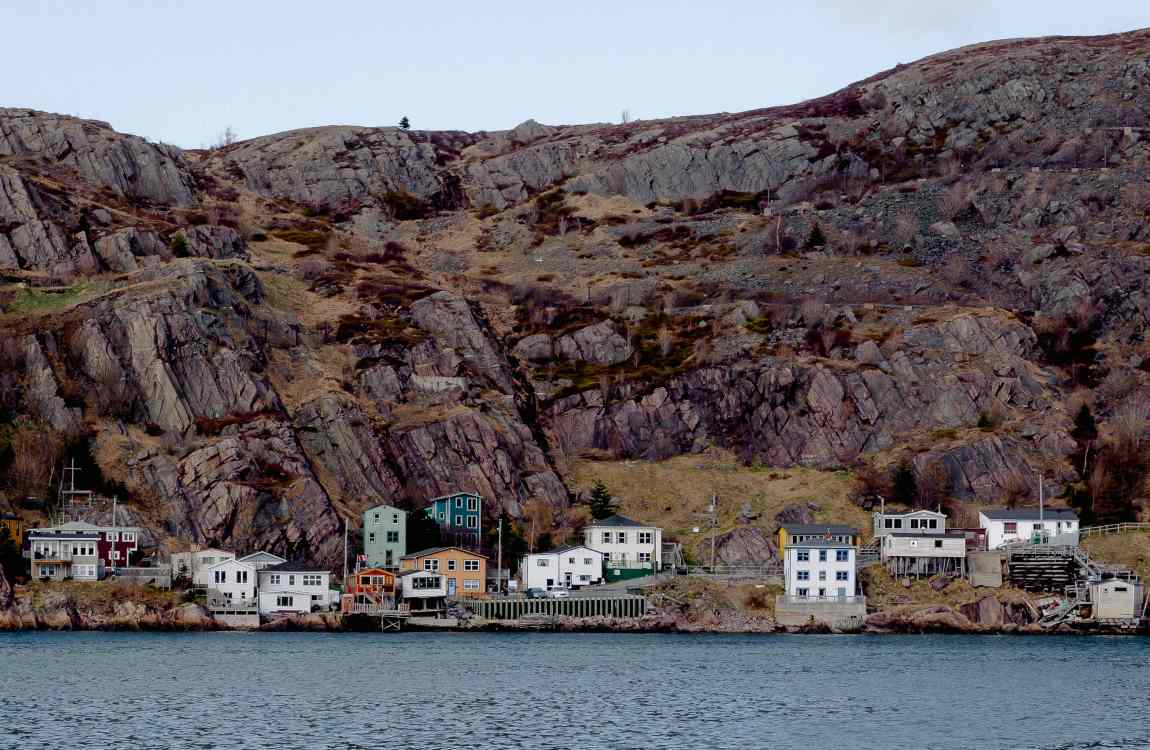A new study published in Nature Climate Change estimates that a 1-meter sea level rise by 2100 would affect over 14 million people and $1 trillion worth of property along the Southeast Atlantic coast, from Norfolk, Virginia, to Miami, Florida.

The study assesses the cumulative impact of multiple climate-driven coastal hazards, including sea level rise, flooding, beach erosion, sinking land, and rising groundwater, all of which are expected to worsen significantly by the end of the 21st century.
The scale of these interconnected hazards is much greater than anticipated, said study co-author Manoochehr Shirzaei from Virginia Tech’s Department of Geosciences.
“The risk of flooding, compounded by sinking land and beach loss, could displace millions and damage critical infrastructure unless robust adaptation strategies are implemented,” said Shirzaei.
Key findings
- Shallow groundwater hazards: By 2100, 70 percent of the coastal population will be exposed to shallow or emerging groundwater, a far more significant exposure than daily flooding. The research projects that this groundwater hazard will affect approximately $1 trillion in property value, creating new challenges for infrastructure such as roads, buildings, septic systems, and utilities.
- Storm-driven flooding: Coastal storms and hurricanes will amplify the risk of flooding over land. With 1 meter of sea level rise, overland flooding will affect up to 50 percent of residents in the region, impacting $770 billion in property value.
- Beach erosion and loss: The Southeast Atlantic region, known for its barrier islands and coastal ecosystems, could lose up to 80 percent of its sandy beaches with just 1 meter of sea level rise.
- Land subsidence: In addition to sea level rise, many areas along the Southeast Atlantic coast are experiencing sinking land, called subsidence, which exacerbates the effects of rising seas.
- Socioeconomic exposure: A significant portion of the population and property in the Southeast Atlantic will be exposed to multiple coastal hazards, which will disproportionately affect lower-income communities. As much as half the population in flood-prone areas will be exposed to risks from both groundwater and storm-driven flooding.
The study stresses the necessity of a holistic approach to coastal resilience that addresses the full spectrum of climate-related hazards.
“We need to rethink how we plan and build for the future, especially in highly vulnerable coastal regions,” said Shirzaei. “By including a wider range of climate hazards in resilience strategies, we can better protect our communities from the compounded effects of sea level rise and extreme weather.”
The study, led by Patrick Barnard of U.S. Geological Survey, was conducted using cutting-edge geospatial data and modeling tools developed in collaboration with academic institutions and government agencies. The researchers employed the Coastal Storm Modeling System and other state-of-the-art models to project potential coastal hazard impacts, providing a crucial resource for informed decision-making.
Journal Reference:
Barnard, P.L., Befus, K.M., Danielson, J.J. et al. ‘Projections of multiple climate-related coastal hazards for the US Southeast Atlantic’, Nature Climate Change (2024). DOI: 10.1038/s41558-024-02180-2
Article Source:
Press Release/Material by Virginia Tech
Featured image credit: Harrison Haines | Pexels




